COOKING OIL AND BENEFITS OF COOKING OIL

Some
best and worst oils we use but don’t really know the benefits of them. Here at
Imtiaz Super Market we have a various range of cooking oils, local and imported
at affordable prices, let’s discuss few oils here.
Home
cooks have adequately of possibilities when it comes to choosing which type of
oil to saute, bake and drizzle with. Some, like olive oil, are well known, and
others, like avocado or coconut oil, are less familiar.
Which
oil is appropriate for you? That depends generally on the sort of cooking
you're doing. An oil's smoke point, which is the moment that oil begins
consuming and smoking, is a standout amongst the most essential interesting
points. In the event that your warm oil past its smoke point, it hurts the
flavor, as well as a significant number of the supplements in the oil
corrupt—and the oil will discharge unsafe mixes called free radicals.
Olive oil:
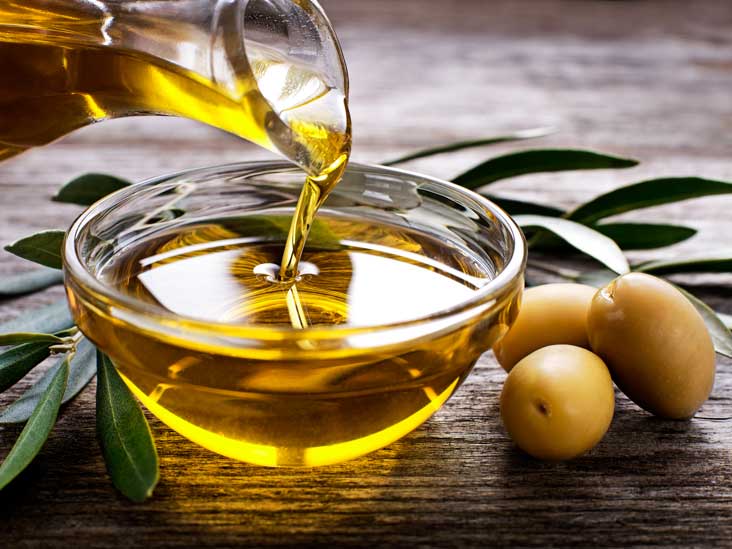 Nutrition
and cooking experts agree that one of the most versatile and healthy oils to
cook with and eat is olive oil, as long as it’s extra virgin. “You want an oil
that is not refined and overly processed”. An “extra virgin” label means that
the olive oil is not refined, and therefore of high quality. Extra virgin olive
oil contains a large amount fatty acid, which have linked it to better heart
health. Olive oil has a relatively lower smoke point compared to other oils, so
it’s best for low and medium-heat cooking.
Nutrition
and cooking experts agree that one of the most versatile and healthy oils to
cook with and eat is olive oil, as long as it’s extra virgin. “You want an oil
that is not refined and overly processed”. An “extra virgin” label means that
the olive oil is not refined, and therefore of high quality. Extra virgin olive
oil contains a large amount fatty acid, which have linked it to better heart
health. Olive oil has a relatively lower smoke point compared to other oils, so
it’s best for low and medium-heat cooking.
It’s
also one of the healthiest oils to use when baking. Eating it raw, in salads as
a dressing, it’s great too.
Coconut Oil:
Depending
on who you ask, I have never tried eating a coconut oil, but I heard people do
eat, let’s see what observations we have here.
 Coconut
oil should either be avoided or embraced in moderation. The main point of
conflict is its high saturated fat content; unlike other plant-based oils,
coconut oil is primarily a saturated fat. Not everyone agrees that such a
concentrated source of saturated fat is a no-go for health, but some experts,
argue that replacing foods that are high in saturated fat with healthier
options can lower blood cholesterol levels and improve lipid profiles. Still,
science is starting to suggest that not all saturated fats are bad for you. Our
bodies do need some saturated fat. But the industry has done a good job to make
it seem like it’s a super food. Saturated fats can be a healthier oil to use
when you’re cooking at a very high temperature or frying food (something that
definitely should be done in moderation), because they are more stable at high
heat. This means that they are less likely to break down and smoke.
Coconut
oil should either be avoided or embraced in moderation. The main point of
conflict is its high saturated fat content; unlike other plant-based oils,
coconut oil is primarily a saturated fat. Not everyone agrees that such a
concentrated source of saturated fat is a no-go for health, but some experts,
argue that replacing foods that are high in saturated fat with healthier
options can lower blood cholesterol levels and improve lipid profiles. Still,
science is starting to suggest that not all saturated fats are bad for you. Our
bodies do need some saturated fat. But the industry has done a good job to make
it seem like it’s a super food. Saturated fats can be a healthier oil to use
when you’re cooking at a very high temperature or frying food (something that
definitely should be done in moderation), because they are more stable at high
heat. This means that they are less likely to break down and smoke.Vegetable oil:
 The
term “vegetable oil” is used to refer to any oil that comes from plant sources,
and the healthfulness of a vegetable oil depends on its source and what it’s
used for. Most vegetable oils on the market are a blend of canola, corn,
soybean, safflower, palm and sunflower oils. Generally, I tell people to use
olive oil whenever you can instead of a corn or a soybean oil. They’re not
necessarily bad for you, she says, “but you can get so much more benefit from
olive oil.”
The
term “vegetable oil” is used to refer to any oil that comes from plant sources,
and the healthfulness of a vegetable oil depends on its source and what it’s
used for. Most vegetable oils on the market are a blend of canola, corn,
soybean, safflower, palm and sunflower oils. Generally, I tell people to use
olive oil whenever you can instead of a corn or a soybean oil. They’re not
necessarily bad for you, she says, “but you can get so much more benefit from
olive oil.”
Still,
vegetable oils are refined and processed, which means they not only lack
flavor, but also nutrients, Howard says. “Vegetable oil is guaranteed to be
highly processed. It’s called ‘vegetable’ so that the manufacturers can
substitute whatever commodity oil they want—soy, corn, cottonseed,
canola—without having to print a new label,” she says. “Processed oils have
been pushed past their heat tolerance and have become rancid in the
processing.” Some of these oils, especially palm, are associated with more
degradation of land for production,
Canola oil
 Canola
oil is derived from rapeseed, a flowering plant, and contains a good amount of
monounsaturated fats and a decent amount of polyunsaturated fats. Of all
vegetable oils, canola oil tends to have the least amount of saturated fats. It
has a high smoke point, which means it can be helpful for high-heat cooking. That
being said, in the United States, canola oil tends to be highly processed,
which means fewer nutrients overall. “Cold-pressed” or unprocessed canola oil
is available, but it can be difficult to find.
Canola
oil is derived from rapeseed, a flowering plant, and contains a good amount of
monounsaturated fats and a decent amount of polyunsaturated fats. Of all
vegetable oils, canola oil tends to have the least amount of saturated fats. It
has a high smoke point, which means it can be helpful for high-heat cooking. That
being said, in the United States, canola oil tends to be highly processed,
which means fewer nutrients overall. “Cold-pressed” or unprocessed canola oil
is available, but it can be difficult to find.
Avocado oil
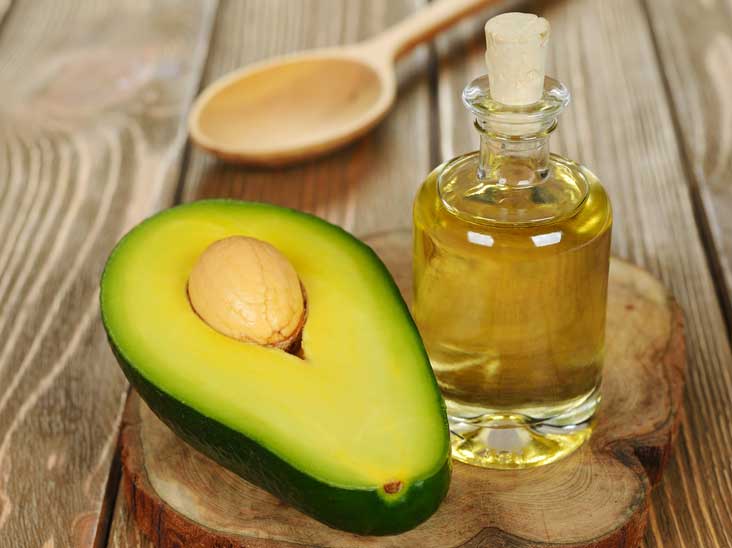 Avocado
oil is a great choice. It’s unrefined like extra virgin olive oil, but it has a
higher smoking point, which means it can be used to cook at higher heat and is
great for stir-Fry. It doesn’t have much flavor, which makes it a good option
for cooking. “It’s just creamy, like an avocado,” says Howard. Avocado oil
contains both monounsaturated and polyunsaturated fatty acids (it has one of
the highest monounsaturated fat contents among cooking oils) as well as vitamin
E. One downside is that it tends to be more expensive.
Avocado
oil is a great choice. It’s unrefined like extra virgin olive oil, but it has a
higher smoking point, which means it can be used to cook at higher heat and is
great for stir-Fry. It doesn’t have much flavor, which makes it a good option
for cooking. “It’s just creamy, like an avocado,” says Howard. Avocado oil
contains both monounsaturated and polyunsaturated fatty acids (it has one of
the highest monounsaturated fat contents among cooking oils) as well as vitamin
E. One downside is that it tends to be more expensive.
Sunflower oil
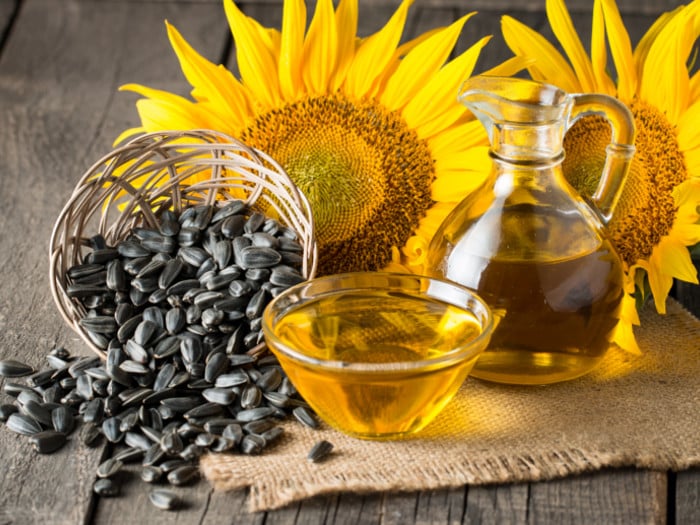 This
oil is high in vitamin E; one tablespoon contains 28% of a person’s daily
recommended intake of the nutrient. It has a high smoke point and doesn’t have
a strong flavor, which means it won’t overwhelm a dish. However, sunflower oil
contains a lot of omega-6 fatty acids. The body needs them, but omega-6s are
thought to be pro-inflammatory, while omega-3s are anti-inflammatory. Consuming
too many omega-6s without balancing with omega 3s, could lead to an excess
inflammation in the body, so moderation is key.
This
oil is high in vitamin E; one tablespoon contains 28% of a person’s daily
recommended intake of the nutrient. It has a high smoke point and doesn’t have
a strong flavor, which means it won’t overwhelm a dish. However, sunflower oil
contains a lot of omega-6 fatty acids. The body needs them, but omega-6s are
thought to be pro-inflammatory, while omega-3s are anti-inflammatory. Consuming
too many omega-6s without balancing with omega 3s, could lead to an excess
inflammation in the body, so moderation is key.Peanut oil
 Nut
oils, like peanut, can be fun to experiment with in the kitchen, especially
since there are so many different types. Peanut oil has one of the highest
monounsaturated fat contents among cooking oils. It’s usually flavorful with a
nutty taste and smell, and cooks well at high heat.
Nut
oils, like peanut, can be fun to experiment with in the kitchen, especially
since there are so many different types. Peanut oil has one of the highest
monounsaturated fat contents among cooking oils. It’s usually flavorful with a
nutty taste and smell, and cooks well at high heat.Walnut oil
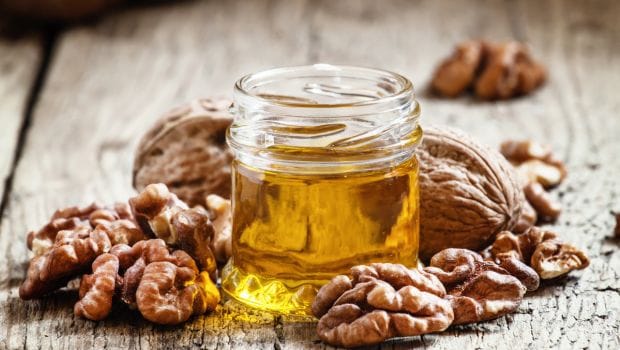 This
oil has a low smoke point, so it’s not good for cooking, but it can be used in
plenty of other ways. Howard drizzles the oil over pancakes, freshly cut fruit
and ice cream. She also adds it to her frothed milk for coffee drinks. Walnut
oil has a good ratio of omega-6 to omega-3 fatty acids, which helps keep
inflammation in check.
This
oil has a low smoke point, so it’s not good for cooking, but it can be used in
plenty of other ways. Howard drizzles the oil over pancakes, freshly cut fruit
and ice cream. She also adds it to her frothed milk for coffee drinks. Walnut
oil has a good ratio of omega-6 to omega-3 fatty acids, which helps keep
inflammation in check.Flax-seed oil
Flax-seed oil is high in omega 3s and has a very low smoke point, which means it also
shouldn’t be used for cooking. flax-seed oil can be for dressing. Make sure it’s
stored at a low-temperature location, like in the refrigerator.
Sesame oil
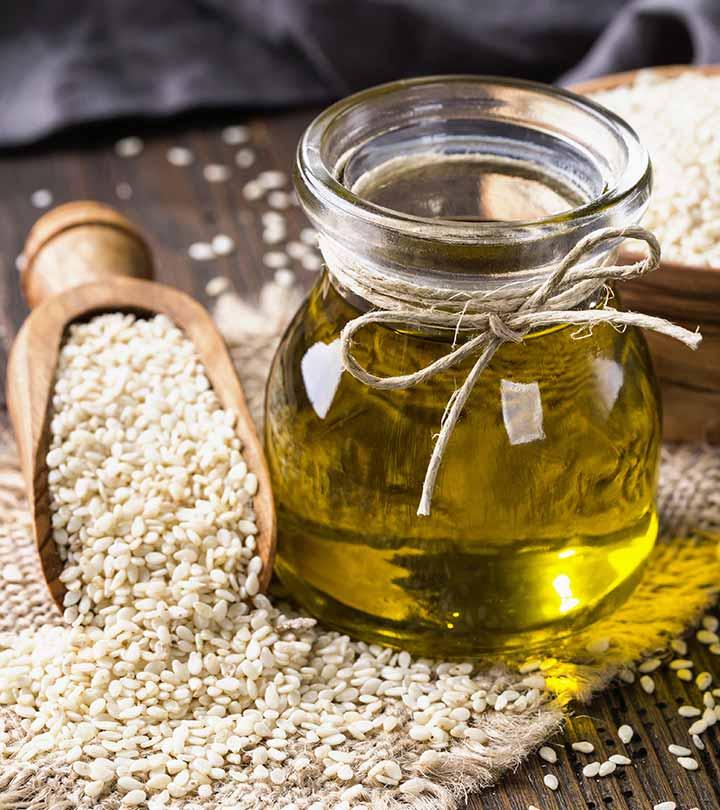 This
oil is often used for its potent flavor; a little goes a long way. It contains
both monounsaturated and polyunsaturated fatty acids, though it’s not
especially high in other nutrients. It has a higher smoke point and can be used
for high-heat recipes.
This
oil is often used for its potent flavor; a little goes a long way. It contains
both monounsaturated and polyunsaturated fatty acids, though it’s not
especially high in other nutrients. It has a higher smoke point and can be used
for high-heat recipes.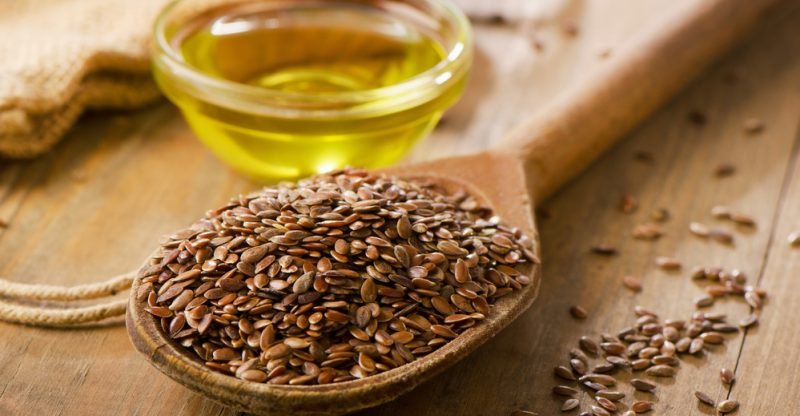



Comments